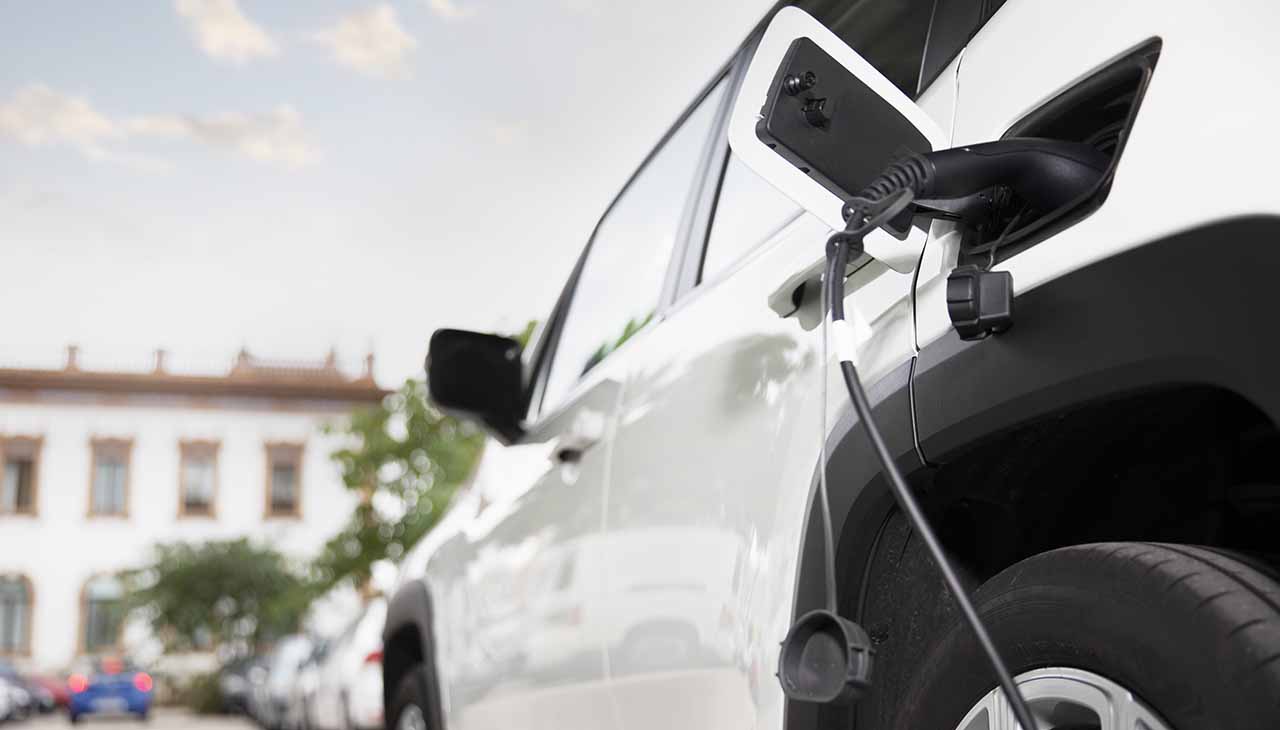Introduction
Imagine a world where the hum of combustion engines fades into the past, replaced by the quiet whirr of electric motors. This shift is already happening. Electric vehicles (EVs) are no longer the stuff of science fiction—they’re part of our present reality and are set to revolutionize our future more than we might anticipate.
In this blog post, we’ll explore the current landscape of EVs, their growing importance for environmental sustainability and technological advancement, and what we can expect in the next decade. Whether you’re an eco-conscious consumer, a tech enthusiast, or involved in the automotive industry, you’ll find valuable insights about how EVs are set to reshape our world.
The Present
EVs have taken significant strides in the past few years. Sales of electric cars reached 6.6 million in 2021, representing nearly 9% of the global car market, according to the International Energy Agency. Countries like Norway and the Netherlands are leading the way, with EVs accounting for over half of new car sales. Even major markets like China and the United States are seeing rapid adoption rates.
Technological advancements are driving this surge. Modern EVs boast impressive ranges, fast-charging capabilities, and cutting-edge features like autonomous driving. Tesla’s Model 3, for instance, can travel over 350 miles on a single charge and has a network of Superchargers that can recharge the battery to 80% in just 30 minutes. Other manufacturers like Nissan, Ford, and BMW are also making significant strides, making EVs more accessible and appealing to a broader audience.
Infrastructure is catching up too. Charging stations are becoming more ubiquitous, reducing range anxiety and making long-distance travel more feasible. Governments worldwide are investing in charging networks, providing subsidies, and setting ambitious targets for EV adoption.
The Future
Looking ahead, the future of EVs glimmers with potential. One of the most exciting developments on the horizon is solid-state batteries. Unlike conventional lithium-ion batteries, solid-state batteries promise higher energy density, faster charging times, and longer lifespans. Companies like Toyota and QuantumScape are pioneering this technology, and we can expect to see solid-state batteries in commercial EVs within the next few years.
Design innovations will also play a crucial role. From sleek, aerodynamic bodies to advanced materials that reduce weight and improve efficiency, the EVs of tomorrow will be as stylish as they are functional. Autonomous driving technology will likely become more sophisticated, making self-driving cars a common sight on our roads.
The automotive industry will undergo a seismic shift. Traditional car manufacturers will need to adapt or risk obsolescence, while new players like Rivian and Lucid Motors challenge the status quo. Consumer behavior will evolve too, with more people considering EVs not just for their environmental benefits but also for their lower operating costs and superior performance.
Challenges and Opportunities
Despite the promising outlook, several challenges remain. Range anxiety, the fear that an EV will run out of battery before reaching a charging station, still deters some potential buyers. However, with increasing battery capacities and expanding charging infrastructure, this concern is gradually diminishing.
Another hurdle is the initial cost. EVs are typically more expensive upfront compared to their gasoline counterparts. Yet, as battery prices continue to fall and economies of scale come into play, we can expect more affordable options to enter the market. Additionally, many countries offer incentives and tax breaks to offset the higher purchase price.
The opportunities for growth in the EV sector are immense. The shift towards electric mobility can drive job creation in various industries, from battery manufacturing to software development for autonomous driving systems. The economic benefits are equally compelling, with reduced dependence on fossil fuels and lower overall transportation costs.
What to Expect in the Next Decade
The next decade will be pivotal for the EV industry. By 2030, it’s estimated that EVs will constitute nearly 30% of all new car sales globally. Technological breakthroughs, such as more efficient batteries and advanced charging solutions, will make EVs more competitive than ever.
Policies and regulations will play a crucial role. Governments worldwide are setting ambitious targets to phase out internal combustion engine vehicles, with some countries aiming for 100% EV sales by 2035. These policy changes will drive innovation and investment in the sector, accelerating the transition to electric mobility.
Consumer attitudes will also continue to evolve. As more people experience the benefits of EVs firsthand, word of mouth and public awareness will drive further adoption. The environmental impact of choosing an EV over a conventional car cannot be overstated—it’s a crucial step in reducing greenhouse gas emissions and combating climate change.
Conclusion
Electric vehicles represent a monumental shift in how we think about transportation. They offer a cleaner, more efficient alternative to traditional cars, and their importance for a sustainable future cannot be overstated.
Now is the perfect time to consider how you can contribute to this exciting transition. Whether you’re considering purchasing an EV, investing in related technologies, or simply educating yourself about the benefits, every step counts.
The road to a greener future is paved with innovation and collective effort. Let’s drive forward together and make the next decade a milestone in the history of electric vehicles.


